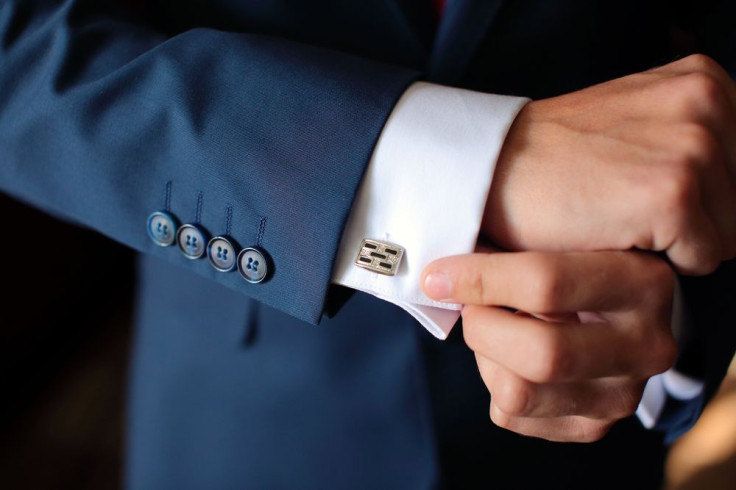Dress To Impress For New Perspective, Says Study; The Psychology Behind The Power Suit

Formal clothes can change the way you think, according to a new study published in the Social Psychological & Personality Science.
Researchers from Columbia University in New York and California State University, Northridge arrived at their conclusion after conducting five separate experiments designed to measure the relationship between a student’s clothes and their cognitive style. This style refers to the way the brain thinks and processes information; there's abstract processing and concrete processing. Abstract processing, researchers wrote, “consists of superordinate, holistic, and broad mental representations, whereas concrete processing includes more subordinate and narrow mental representations.”
Why include formal clothes? Prior research has shown social distance (instances where you’re not familiar with others) in the form of politeness increases abstract thinking — and formal clothes are associated with social distance. So in each experiment, researchers were curious to see if undergraduate students were more abstract thinkers in polite, formal clothes.
The first two experiments recruited undergraduate students to rate their personal and peers’ style on a scale of “very much less formal” to “very much more formal.” In the first study, respondents also completed a 10-item behavioral identification form, which requires participants to read through several behaviors and the different ways the behavior might be identified. Respondents eventually chose the identification that best described the behavior to them. In study two, however, respondents completed a category inclusiveness task, in which they decided if provided exemplars (examples) belonged in a certain category.
"People thinking more abstractly are more likely to consider weak exemplars as good fits to categories, [such as] a camel being an appropriate example of a vehicle," researchers wrote.
While participants were tasked with similar cognitive tests in studies three and four, they were also asked to bring (and then randomly assigned to wear) two sets of clothes: one set would be appropriate to wear to a job interview, the other appropriate to wear to class. The research method changed a bit for study five, but was essentially a smattering of methods used in the previous experiments. Though the fifth experiment did finally ask participants to consider social closeness and feelings of power in certain clothes.
The results showed sudents in formal clothes were, in fact, thinking more abstractly; they experienced higher identification, category inclusiveness, and feelings of power. In each experiment, researchers found "overall significant power–abstract processing relationship."
“No matter how often you wear formal clothing, if you are wearing formal clothing, then you are likely in a context that's not the intimate, comfortable, and more socially close setting with no dress code,” Michael Slepian, study co-author and professor of management at Columbia Business School, told The Atlantic. “Thus, whether you wear formal clothing every workday, or only every wedding, my prediction is that we would find a similar influence because the clothing still feels formal in both situations.”
Slepian added he could predict this effect to strengthen "if formal clothing is only reserved for the most formal of situations."
This isn’t the first study to suggest what we wear can influence both our own and others’ perception. Color matching, for example, is considered a mistake, while women in leadership roles are favored less when they wear proactive clothing over something more conservative.
Source: Rutchick, A.M., et al. The Cognitive Consequences of Formal Clothing. Social Psychological & Personality Science, 2015.



























